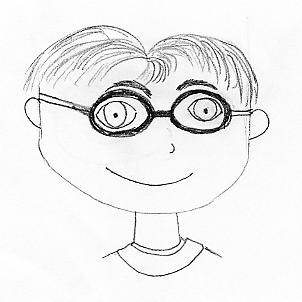| 图片: | |
|---|---|
| 名称: | |
| 描述: | |
- NP (5) - Reactivated CNS toxoplasmosis
-
These photos are taken from H&E sections of a resected right frontal lobe, intra-axial, focally enhancing lesion in a 56 year-old woman. What are your differential diagnoses or your final diagnosis?
标签:
-
本帖最后由 于 2006-11-14 10:24:00 编辑

聞道有先後,術業有專攻
×参考诊断
-
This is a classic case of CNS toxoplasmosis caused by reactivated infection by protozoan Toxoplasma gondii. This reactivated infection often occurs in immunosuppressed patients. On MRI images, CNS toxoplasmosis is often multifocal and may be difficult to distinguish from CNA lymphoma and multiple metastases. Identification of the protozoan micro-organisms in necrotic and inflammatory brain parenchyma is the key to accurate diagnosis. They may appear as pseudocysts containing many bradyzoites (slowly dividing) or scattered tachyzoites (rapidly dividing) that have escaped from ruptured pseudocysts. Perivascular cuffing by lymphoplasmacytic cells is always present, whereas microglial nodules are seen in a majority of cases. Giemsa stain of paraffin sections can highlight these small organisms, but the background of necrosis and inflammation usually make their detection difficult in inexperienced eyes. Immunohistochemical stain for Toxoplasma gondii-specific antigens is available. If diagnosed in time, anmicrobial treatment may resolve the disease.

聞道有先後,術業有專攻



























